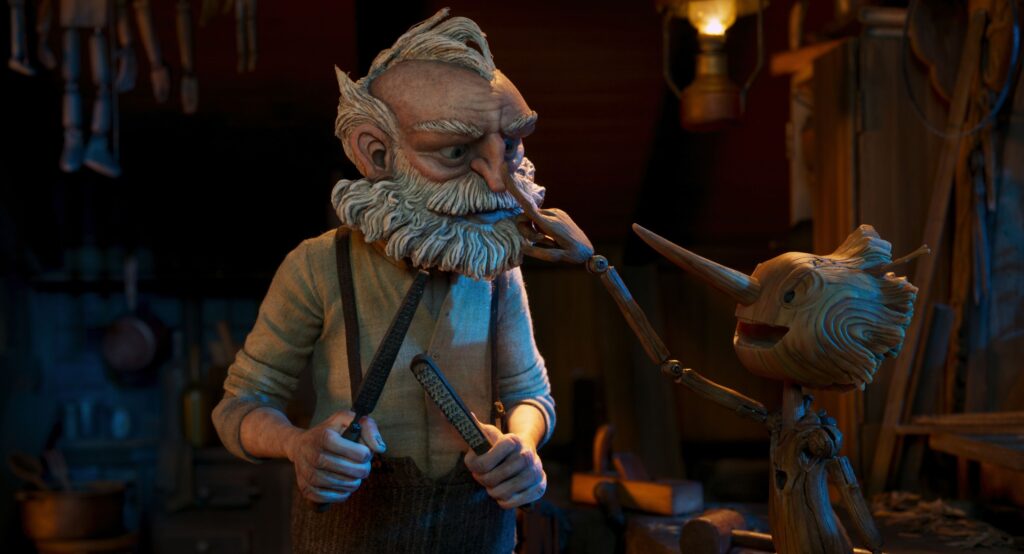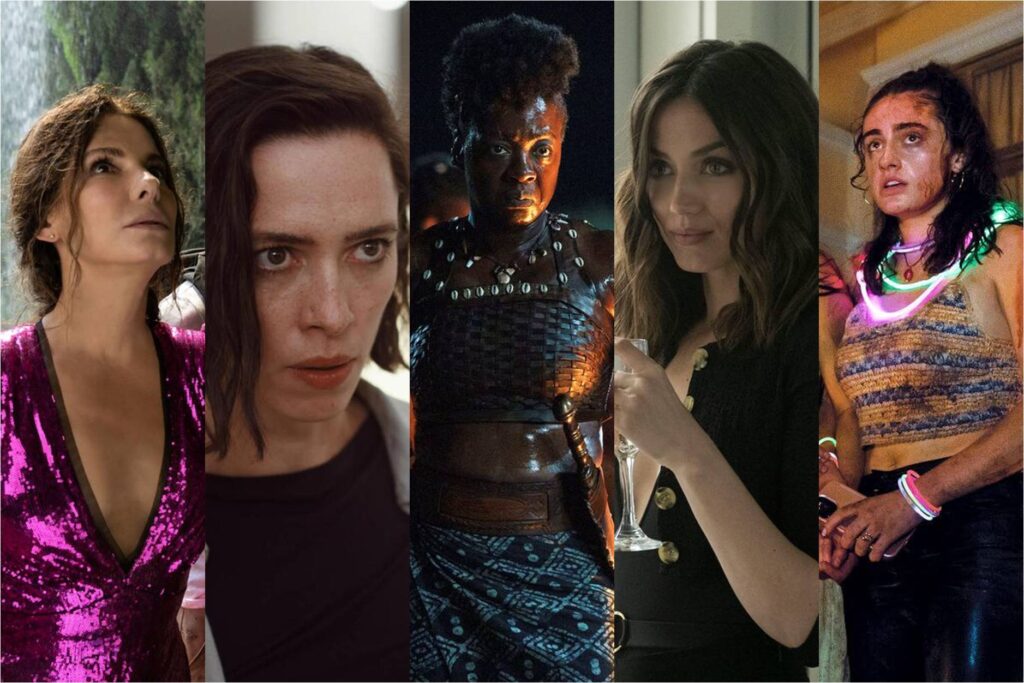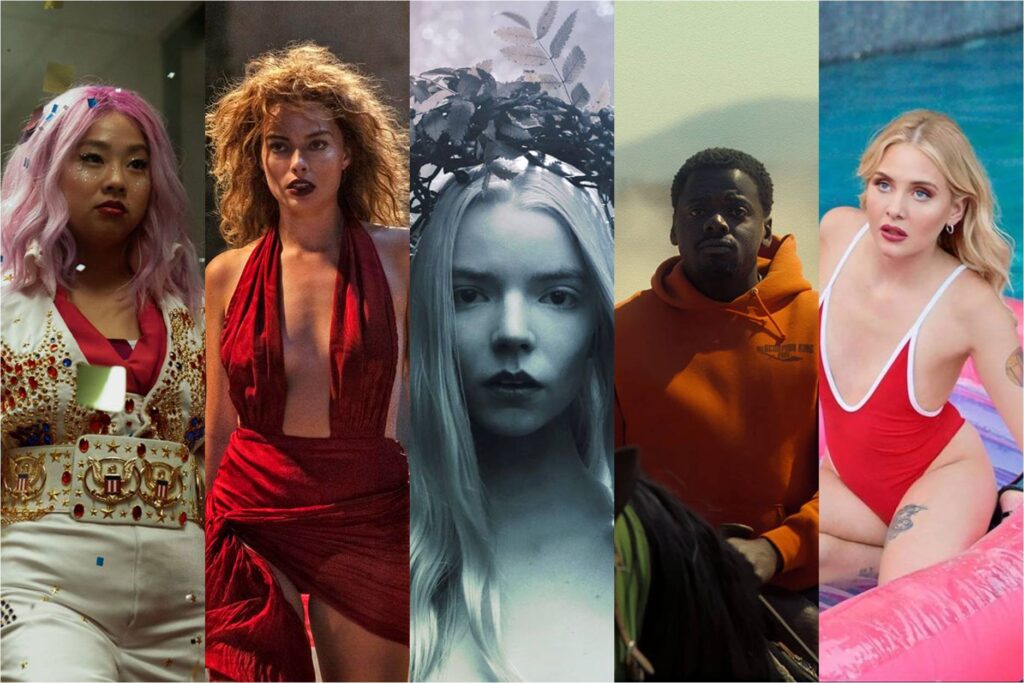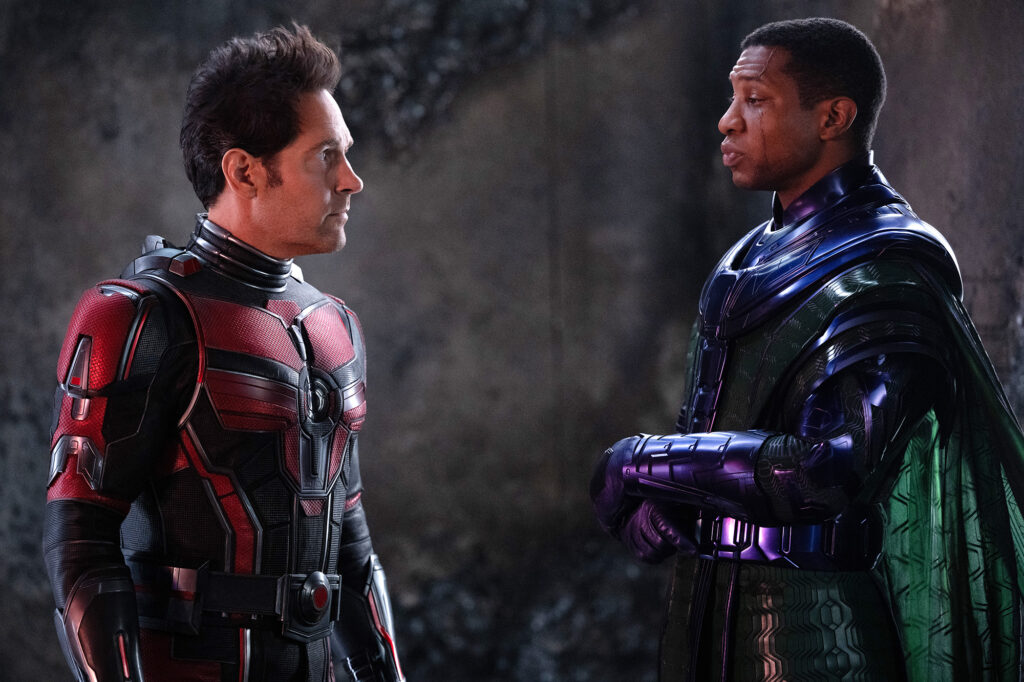Oscars 2022: The Big Techies
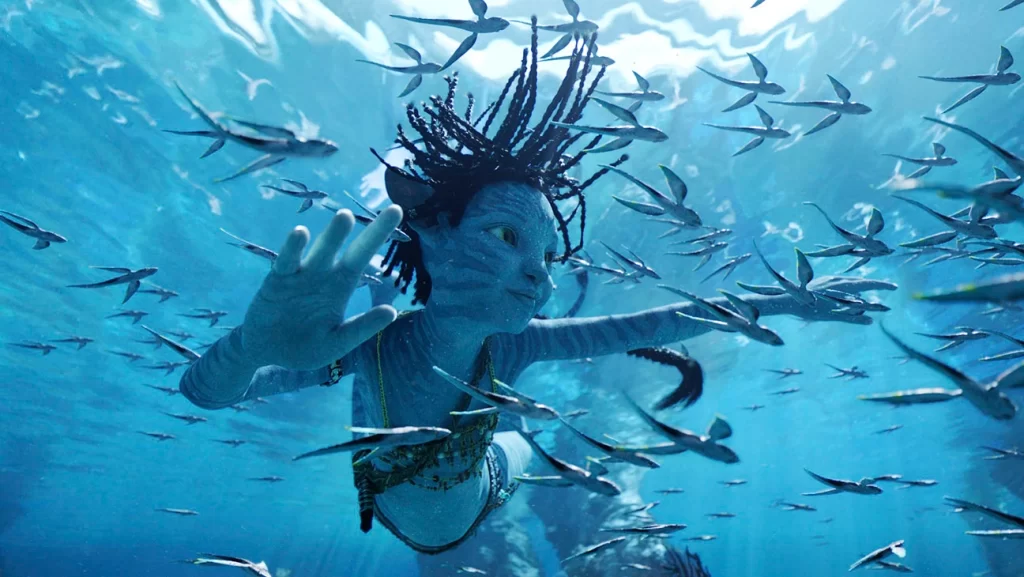
Our weeklong analysis of the Oscars marches on. Yesterday, we looked at seven below-the-line categories; today, we’re looking at five more technical categories—but, like, the cool ones. (I promise, the sexy stuff is coming soon.) Let’s get to it.
BEST CINEMATOGRAPHY
NOMINEES
All Quiet on the Western Front—James Friend
Bardo, False Chronicle of a Handful of Truths—Darius Khondji
Elvis—Mandy Walker
Empire of Light—Roger Deakins
Tár – Florian Hoffmeister
WILL WIN
Some of the Academy’s omissions in this category are downright flummoxing. But it’s notable that three of the five nominees exhibit more subtle technique than usual, especially when voters in recent years have favored boisterous showmanship. That means this is likely a race between the two more aggressive contenders: All Quiet on the Western Front and Elvis. The latter is certainly flashier, but the former is more intense and disturbing with its grotesque war imagery. I’ll go with All Quiet. Read More

